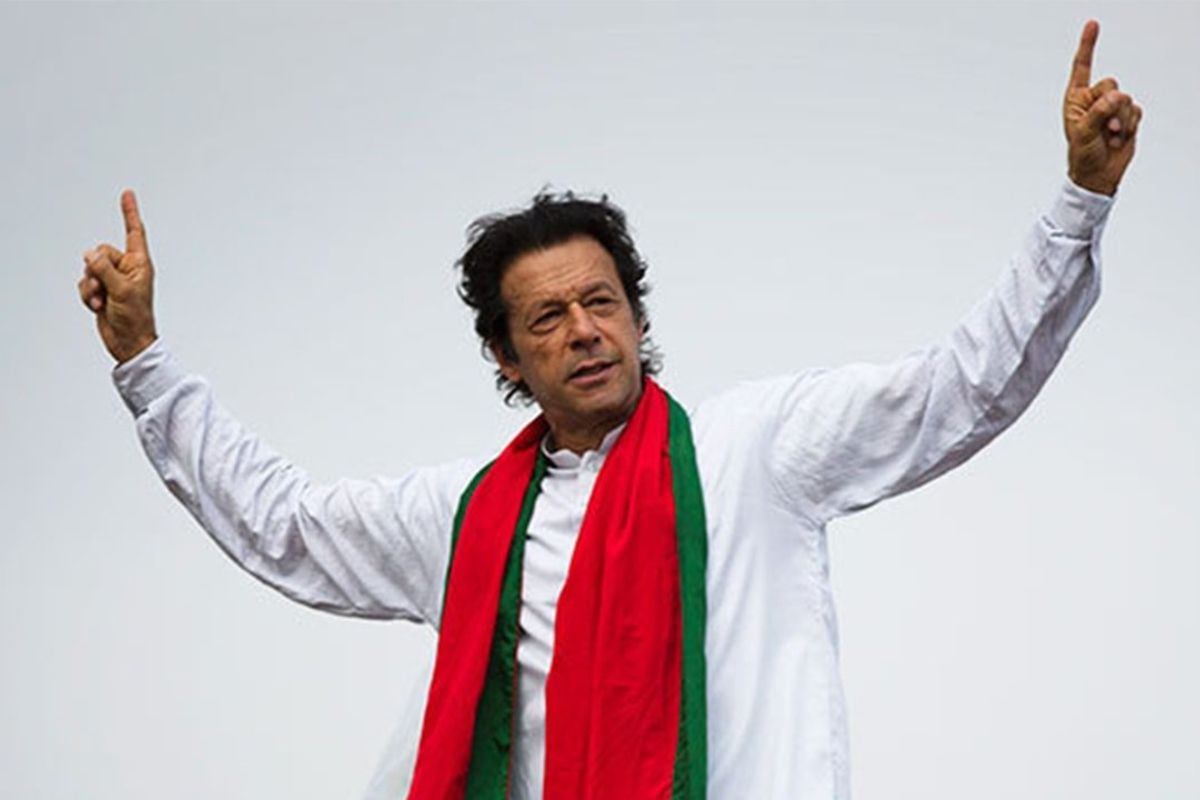
India needs flexibility in its tightrope walk over an extraordinarily treacherous geopolitical minefield

So, it turns out that the US has not made a covert deal with Pakistan’s former prime minister Imran Khan. According to some reports, the State Department pulled up negotiator-diplomat Zalmay Khalilzad (formerly the US ambassador to the UN) for having tweeted demands for Khan’s bête noire, army chief Asim Munir, to resign.
This indicates that those who now hold the reins in Pakistan have the backing of the US. This is in India’s interest, for it widens India’s strategic space. For Pakistan tends to balance between its two mentors, China and the US, and, from India’s viewpoint, the last thing we would want is a strengthened Sino-Pak axis.
Khan is presumed to lean towards China, if only because he blames the US for his ouster from power last year. So, China would no doubt prefer that Khan returns to power – unless Munir proves as adept at playing all sides as the late General Musharraf once did.
Whether or not it pleases the Pakistani people, the current arrangement suits India. As long as the Sino-Pak axis is relatively contained, India is not forced into the US’s arms, and so retains strategic autonomy. And yet, the US must accommodate India, for it vitally needs India’s partnership (albeit two-thirds-hearted), since Brazil, Saudi Arabia, Turkey, and South Africa have shifted away from its orbit – the last quite stridently.
India needs flexibility in its tightrope walk over an extraordinarily treacherous geopolitical minefield.
Asian kaleidoscope
Asia currently presents a geo-strategic kaleidoscope. Russia retains potency on the world stage, despite the challenges that it still faces in Ukraine. Its economy remains afloat, if not buoyant, despite the heavy sanctions imposed by the West.
Although the China-Russia-Iran trio is a powerful strategic partnership, each of the three is not always on the same side in their relations with other countries. For instance, China has good relations with the Taliban regime in Afghanistan, which recently engaged in an exchange of fire with Iran over a riparian dispute.
China managed to bring Iran and Saudi Arabia together, but the Saudi government continues to have good relations with the US, with which it has had strong strategic relations for decades. Meanwhile, Iran hates the US with a passion.
That’s not the only complication in international relations, amid the current flux. Turkey (where President Erdogan recently won a fresh mandate) has close ties with Russia and China, yet continues to be a member of the US-led NATO alliance.
Surely, the development of Saudi-Iranian ties will influence how Erdogan positions his country strategically. It would be extraordinary if Iran, Saudi Arabia, and Turkey felt comfortable on the same side.
If each sees itself as the ‘leader’ of what some call ‘the Islamic world’, Pakistan too has at times projected itself in that role, more so since it acquired what some think of as an ‘Islamic (nuclear) bomb’. Would all four, along with Qatar and Afghanistan, be comfortable at the same high table?
To see why not, just consider that skirmishes are not uncommon across the Iran-Pakistan border in Baloch areas, that Syrian politics is a bone of contention between Iran and Turkey (not to mention Kurds), and that ethnic-political tensions continue in Yemen.
Interconnected strategic choices
All this makes India’s strategic tightrope more challenging. The extent to which Pakistan is an ‘iron brother’ and the closest strategic ally of China is not the only point of vital interest. The extent to which Afghanistan remains embroiled in its border issues is also germane. For, one or other grouping of Afghans could at some point turn its attention to Kashmir. Turkey, too, must be carefully watched.
At least as important for India’s security is the extent to which China remains uneasy to its east. Japan, the Philippines, Vietnam, and Australia are vital in this regard. In this light, Prime Minister Narendra Modi’s recent tour of that region, including his interaction with Pacific Island nations (of the so-called second and third island chains), was deeply significant.
Circling back to Pakistan, one must remember that Khan may be down but is not yet out. General elections are due in a few months, and it would appear at the current reckoning that there are only three ways to prevent him from sweeping to power: rigging the elections wholesale (the Pakistan army has ample experience), an outright army takeover of the government, or the elimination of Khan (which might prove costly).
In any case, whether he wins or not, China is certainly not out of the Pakistan story.
To keep India’s current nuanced strategic course finely tuned, we need to keep a close eye on how the Pakistan story plays out through the next six months or so, and how other important Islamic countries chart their relations, with superpowers and with each other. It would be nice if those who are paid to predict what lies ahead would do so better than they did when the US left Afghanistan or when Russia invaded Ukraine.
David Devadas is a journalist and security, politics and geopolitics analyst
Disclaimer: Views expressed above are the author’s own